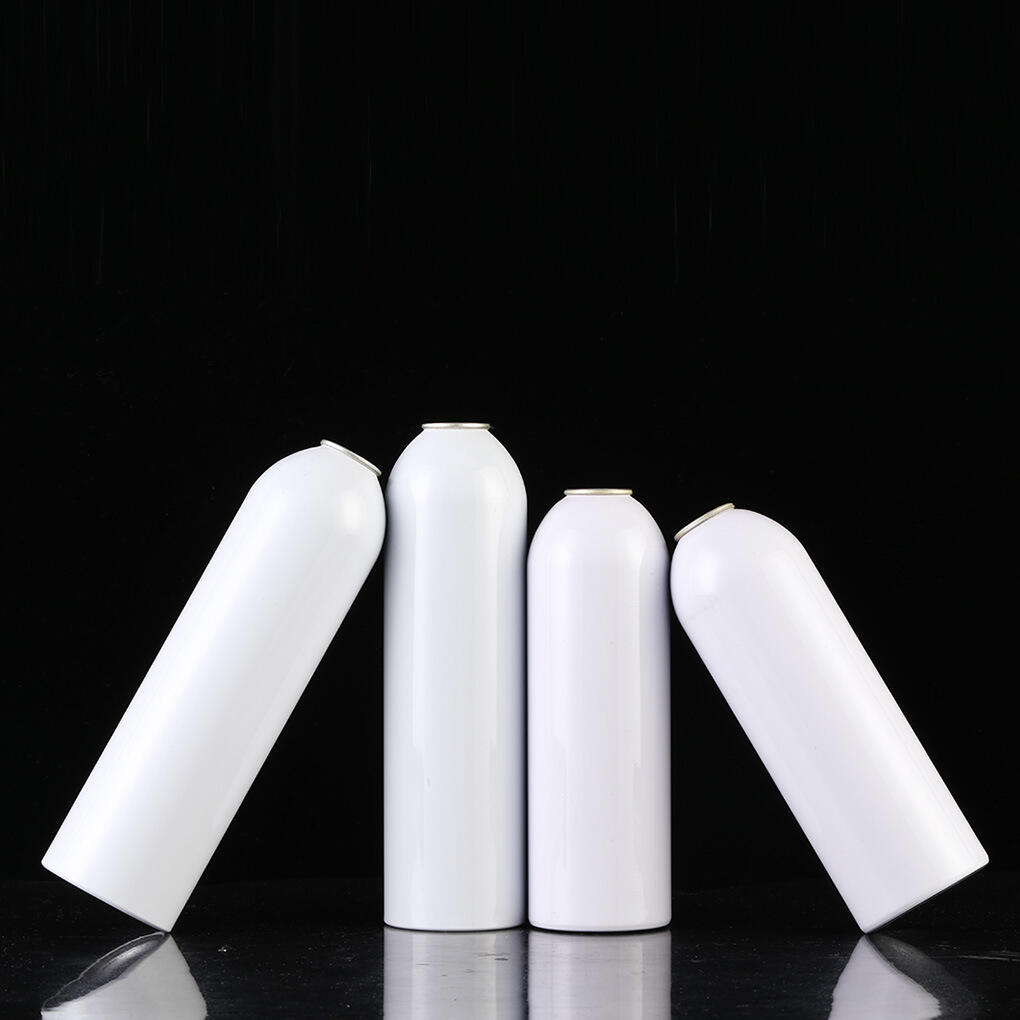European Aerosol Manufacturing Sector Experiences Significant Market Recovery
The European aerosol industry has entered a remarkable period of resurgence, with production volumes reaching new heights after the recent global downturn. The aerosol can sector, in particular, demonstrates robust growth patterns, driven by increasing consumer demand and evolving market preferences. This revival presents both exciting opportunities and complex challenges for manufacturers operating in this dynamic space.
Recent market analysis reveals that the European aerosol can production has surpassed pre-pandemic levels, with annual output exceeding 5.6 billion units. This remarkable recovery signals not just a return to normal operations but a fundamental shift in market dynamics, consumer behavior, and manufacturing priorities.
Market Drivers Fueling Industry Growth
Consumer Lifestyle Changes and Product Demands
The resurgence in aerosol can demand largely stems from shifting consumer preferences and lifestyle modifications. Modern consumers increasingly seek convenient, portable, and efficient packaging solutions for their personal care, household, and industrial products. The aerosol can format perfectly addresses these needs, offering precise application, extended shelf life, and optimal product protection.
Additionally, the growing focus on hygiene and sanitization has created new market opportunities. Manufacturers are witnessing increased demand for disinfectant sprays, air fresheners, and surface cleaning products, all requiring reliable aerosol can packaging solutions.
Sustainability Initiatives and Environmental Considerations
Environmental consciousness plays a pivotal role in shaping the industry's growth trajectory. Modern aerosol can designs incorporate recycled materials, lightweight construction, and eco-friendly propellants, addressing growing environmental concerns while maintaining product effectiveness. Manufacturers investing in sustainable production methods and materials are gaining competitive advantages in this evolving marketplace.
The industry's commitment to sustainability extends beyond material choices to encompass entire life-cycle assessments, from production to disposal. This holistic approach has helped position aerosol can packaging as an environmentally responsible choice for many applications.
Technical Innovations Transforming Production Processes
Advanced Manufacturing Technologies
The aerosol can manufacturing sector is experiencing a technological revolution. State-of-the-art production lines now incorporate automation, artificial intelligence, and precision engineering to enhance efficiency and quality control. These advancements enable manufacturers to produce higher volumes while maintaining strict quality standards and reducing operational costs.
Smart manufacturing systems provide real-time monitoring and adjustment capabilities, ensuring consistent product quality and minimizing waste. The integration of Industry 4.0 principles has revolutionized how aerosol can production is managed and optimized.
Material Science Breakthroughs
Innovation in materials science has led to significant improvements in aerosol can design and functionality. New alloys and coating technologies offer enhanced protection against corrosion while reducing material usage. These developments contribute to both product performance and sustainability goals.
Advanced barrier technologies and smart materials are enabling the development of new product categories previously unsuitable for aerosol packaging. This expansion of possibilities creates additional market opportunities for manufacturers while addressing evolving consumer needs.
Regulatory Landscape and Compliance Challenges
European Union Standards and Requirements
Manufacturers must navigate an increasingly complex regulatory environment. Current EU regulations impose strict requirements on aerosol can production, covering aspects from material specifications to safety testing protocols. Staying compliant while maintaining operational efficiency requires substantial investment in quality control systems and documentation procedures.
The regulatory framework continues to evolve, particularly concerning environmental impact and consumer safety. Successful manufacturers must maintain robust compliance programs while anticipating future regulatory changes.
International Trade Considerations
Global trade dynamics significantly impact the European aerosol can industry. Manufacturers must consider various international standards and certification requirements when serving multiple markets. Understanding and adapting to these diverse regulatory landscapes is crucial for maintaining market access and competitiveness.
Cross-border trade agreements and tariff structures influence production strategies and market expansion plans. Successful navigation of these complexities requires comprehensive understanding and strategic planning.
Future Outlook and Strategic Considerations
Market Expansion Opportunities
The future of the European aerosol can industry appears promising, with several growth vectors emerging. New application areas, particularly in pharmaceutical and specialized industrial products, present significant opportunities for manufacturers. Market expansion into emerging economies offers additional growth potential, though requiring careful consideration of local requirements and preferences.
Strategic partnerships and vertical integration initiatives can help manufacturers capitalize on these opportunities while managing associated risks and investments effectively.
Investment Priorities and Resource Allocation
Success in this evolving marketplace requires careful prioritization of investments and resources. Manufacturers must balance modernization needs with sustainability initiatives while maintaining competitive pricing structures. Long-term planning should account for both immediate market demands and anticipated future developments.
Strategic resource allocation becomes increasingly critical as the industry continues to evolve. Manufacturers must evaluate investment opportunities across various areas, including technology upgrades, sustainability initiatives, and market expansion efforts.
Frequently Asked Questions
What drives the current growth in the European aerosol can market?
The market growth is primarily driven by increasing consumer demand for convenient packaging solutions, growing emphasis on hygiene products, and the industry's successful adaptation to sustainability requirements. Technical innovations and expanding application areas also contribute significantly to this growth trend.
How are manufacturers addressing sustainability challenges?
Manufacturers are implementing various strategies, including using recycled materials, developing lightweight designs, adopting eco-friendly propellants, and optimizing production processes to reduce environmental impact. Many are also investing in circular economy initiatives and life-cycle assessment programs.
What role does technology play in modern aerosol can production?
Technology plays a crucial role through automation, AI-driven quality control, advanced materials science, and Industry 4.0 integration. These technological advancements improve production efficiency, product quality, and manufacturing flexibility while reducing operational costs and environmental impact.






